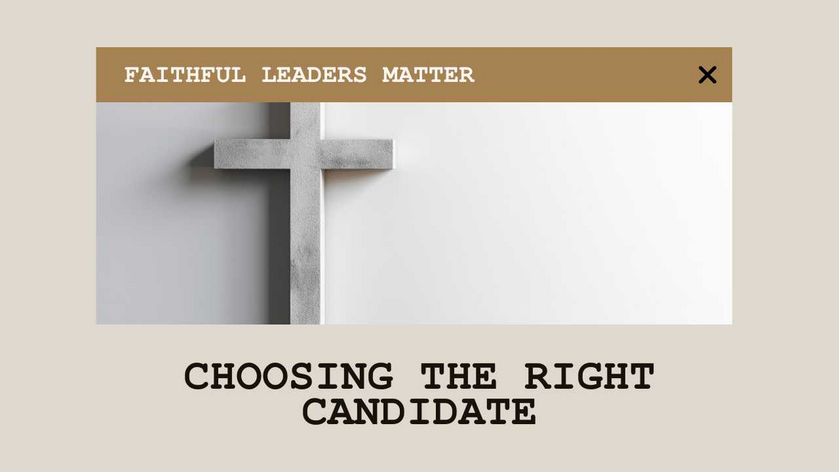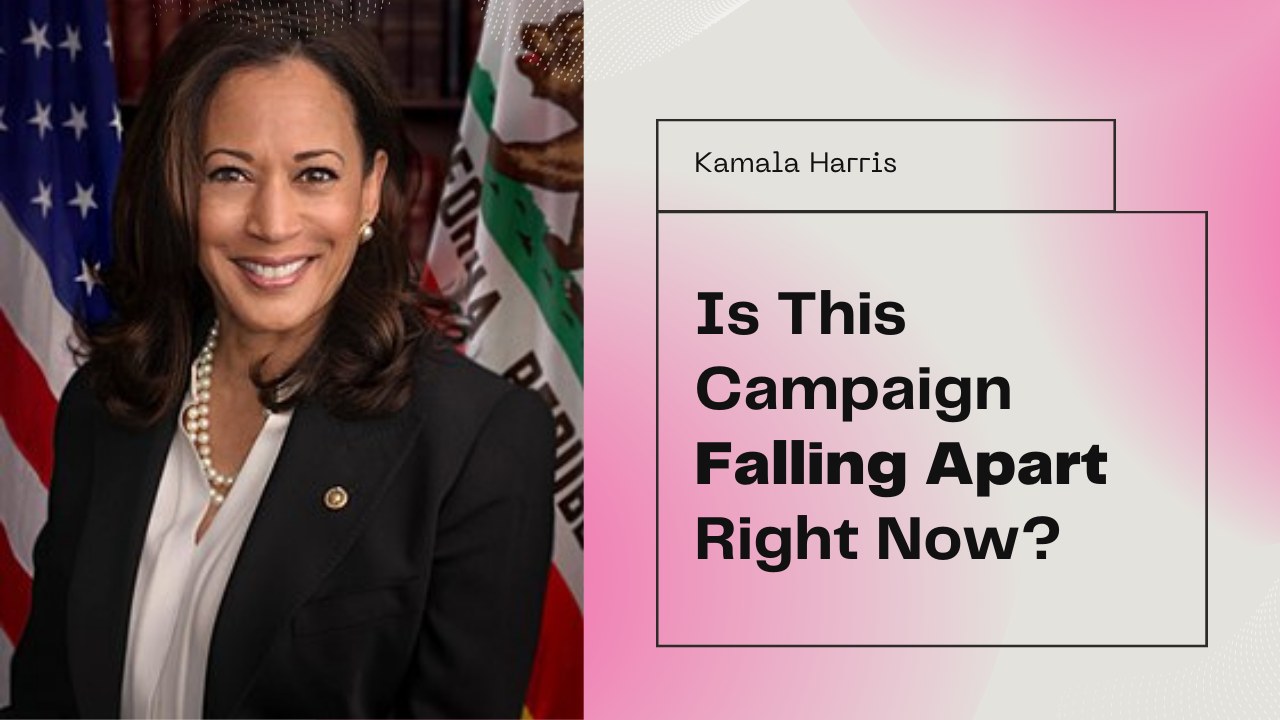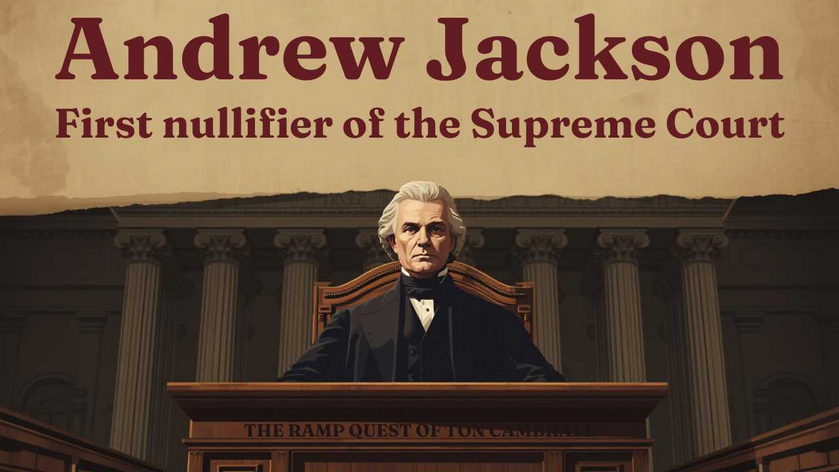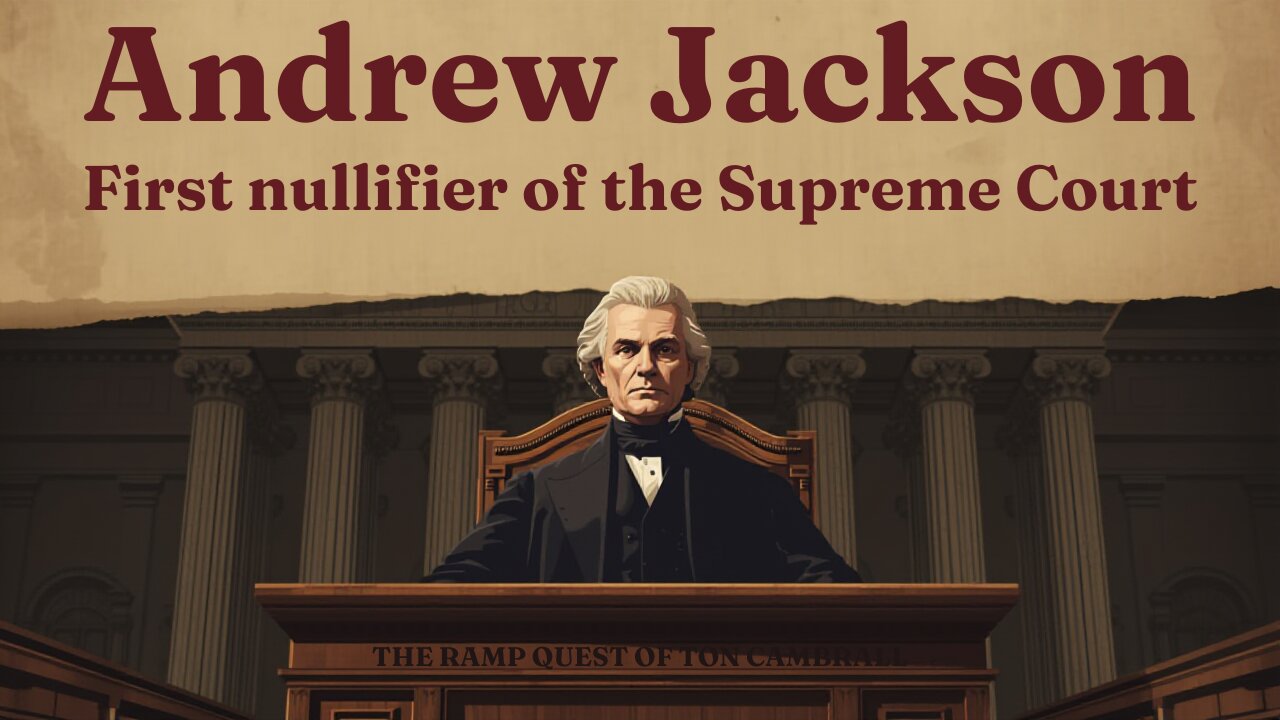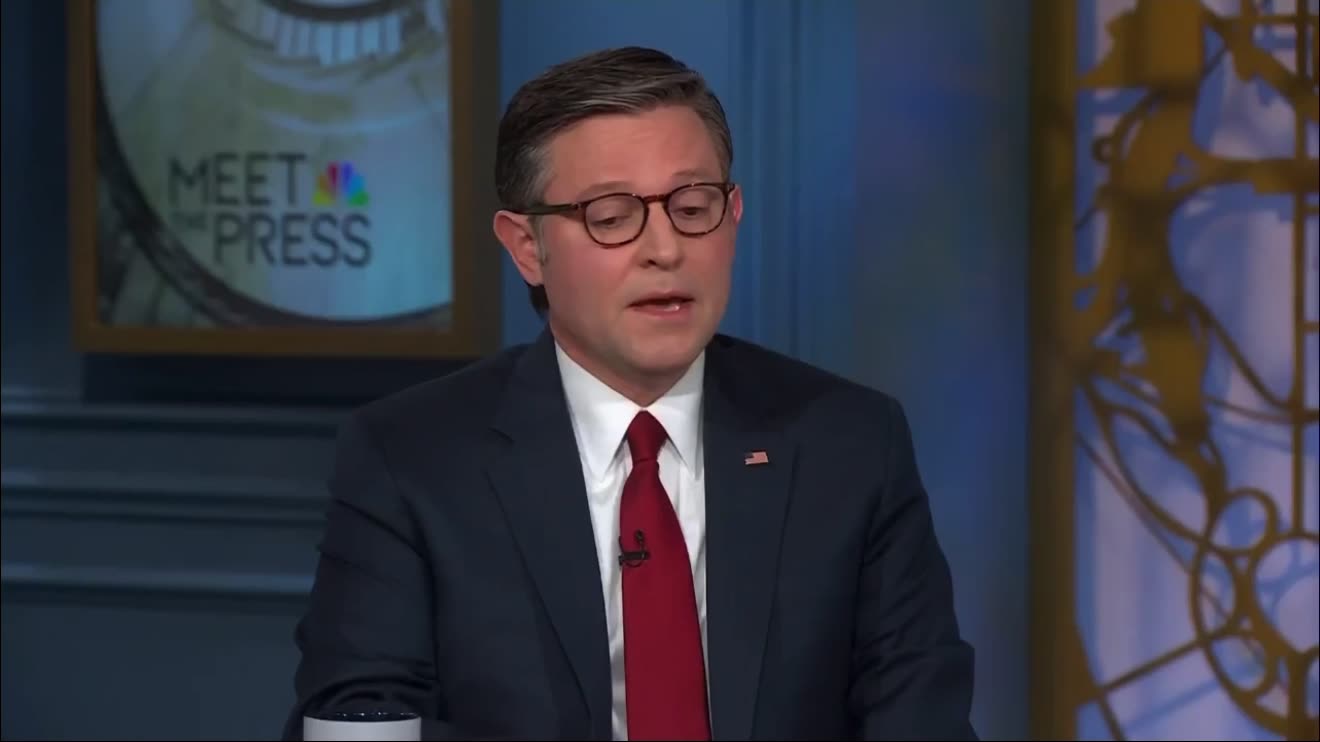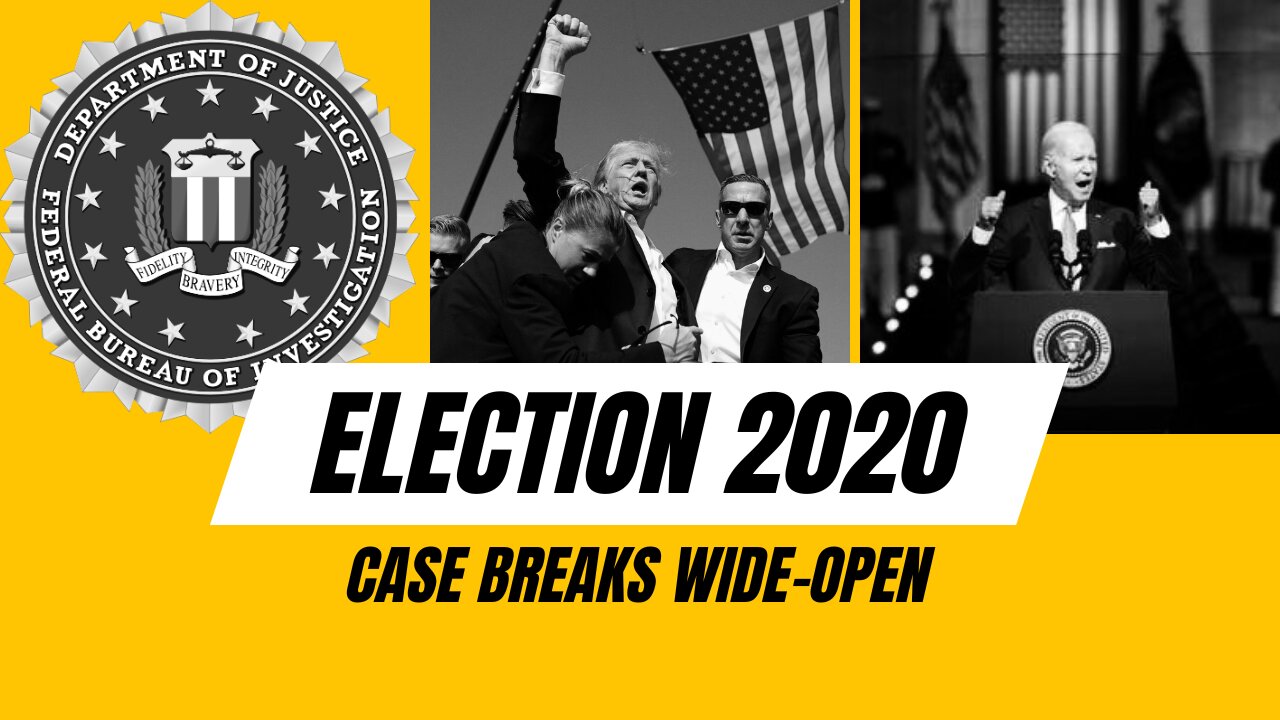Election Day will come fifty-one days from today. Remarkably, every political “identity class” has made its endorsement by now – except one. Christians, as a group, have made no endorsement. Somehow, too many Christians have made a judgment that politics is a dirty, sinful thing, best left alone. More likely, too many pastors and deacons (or rectors and wardens/vestry members) want to “avoid conflict.” When otherwise honorable men like Harry Flood Byrd ran political machines in Virginia and other States, that might have been an acceptable Christian course. It is not acceptable today, and arguably hadn’t been since the Presidential candidacy of George S. McGovern in 1972. So it’s high time – and way past time – the Christian applied the same discernment when casting his vote, as Scripture tells him to apply to his friendships, avocations, and other “private” choices.
What can confuse a Christian on this point?
Paul of Tarsus set forth most Christian precept in his Epistle, or Letter, to the Romans – the “Constitution of Christianity.” By far the most confusing part of that book is Paul’s treatment of the relationship of Christians to their government. In seven verses, Paul laid out what looks like a unilateral nonaggression stance toward government:
Let every soul subject himself to the governing authorities [literally exousiai the powers-that-be]. For there is no [power] except from God, and those [powers] which exist are established by God. Therefore whoever resists [such power] has opposed the ordinance of God; and they who have opposed will receive condemnation upon themselves. For rulers are not a cause of fear for good behavior, but for evil. Do you want to have no fear of authority? Do what is good and you will have praise from the same; for it is a minister of God to you for good. But if you do what is evil, be afraid; for it does not bear the sword for nothing; for it is a minister of God, an avenger who brings wrath on the one who practices evil. Therefore it is necessary to be in subjection, not only because of wrath, but also for conscience’ sake. For because of this you also pay taxes, for rulers are servants of God, devoting themselves to this very thing. Render to all what is due them: tax to whom tax is due; custom to whom custom; fear to whom fear; honor to whom honor.
Romans 13:1-7, NASB [with minor paraphrases]
Paul set out a very simple case for government, and perhaps oversimplified the case. Roman law and government was brutal at times, but at the time Paul wrote his Letter, it was consistent. Even if it was not, he felt his job was preaching the Gospel to as many as he could reach. Doing that in the context of an open rebellion against Rome would have hindered the mission.
Whether Paul thought of making the case for resistance, when he and Luke were literally on the Roman equivalent of Death Row (II Timothy), Paul left no clues. But he did explicitly stand on his rights as a Roman citizen – twice. He also formally appealed his case to the Emperor – though that might have been a strategic move to get the State to transport him to Rome, at a time when he was not at liberty.
Authority and responsibility
In any case, Augustine of Hippo and Thomas Aquinas would make cases for “just war.” These could apply to civil war, though – so far – the Christian is not at that point. Besides, the United States has extended to the Christian what secular society calls “the right to vote.” The Constitution of the United States guarantees that, and (again, thus far) the national judiciary respects that. Therefore, in the United States today, the Christian shares in the authority of government.
The converse of authority is responsibility. This makes the Christian responsible, to God and secondarily to his neighbor, for the votes he casts. Whether he casts those votes by bubbling in an oval next to a candidate’s name (or names) (or the word “Yes” or “No” in answer to a “Public Question”), or touching a particular illustration that a microprocessor-driven device has flashed on a touch-sensitive screen, or (as CNAV hopes might happen eventually) picking up a piece of paper with a candidate’s name and sought-after office title printed on it, those votes require responsibility in their casting. Whoever votes for the successful candidate in any election, bears shared responsibility for everything that person does in office. The only alternative is not to vote at all – and one might answer that choice with words the late Colleen McCullough attributed to Julius Caesar:
One cannot not vote; that’s to avoid the issue.
Ten questions for a Christian to ask any candidate
Alex McFarland, who runs his own ministry, has not avoided the issue. He has composed ten questions for every voter to consider when evaluating any candidate. With modifications, these could also help a Christian answer a public question, which affects public policy even more directly.
Sadly, not every candidate will fully “pass” every question. So, to choose between or among declared candidates, one must sometimes award “half credit.” If the candidates score a tie, and if one knows someone else who for one reason or another did not “qualify” for the ballot – that’s what write-in voting is for.
CNAV will now evaluate the two major Presidential “tickets” against these ten questions. (The “minor party” tickets that remain, would likely receive zero on this “test” anyway.) Alex McFarland’s subject areas are, in order: experience, Constitution, worldview, God and country, family, science, life, childhood, stewardship, and “issues.” This last is a miscellaneous category that covers “not otherwise evaluated” subject areas.
Experience
What is the candidate’s track record? Has he or she demonstrated commitment to the rule of law, ethical behavior, and biblical standards of conduct in public and private life?
The detractors of Donald J. Trump will point to his thirty-four criminal indictments, one conviction, and one civil judgment. They will then say that, for Trump, the answer is No. But, unfortunately, our national judiciaries are split on respect for the rule of law. The United States Supreme Court has already set several standards of Presidential – and judicial – conduct. By those standards, Donald Trump probably has done nothing for which to reproach himself in public life. In contrast, several who have presumed to accuse or judge him, have abrogated all moral authority by their own conduct.
Trump’s private life is another matter. His history is, to say the least, checkered. His practice of “serial monogamy” is a matter of record. But lately he seems to have shown repentance and reform in this area.
Furthermore, he has never used adultery or fornication to advance himself politically – as Kamala Harris has done. Her affair with California Assembly Speaker Willie Brown is also a matter of public record. Worse, she has lied to the American public about the fitness for office of her nominal superior, President Joe Biden. And as CNAV will show, she regularly tells a lot of other lies. That puts her in violation of the Ninth Commandment.
Score: Trump, half credit. Harris, zero.
The Constitution of the United States
Does the candidate uphold and support the US Constitution, its Amendments, and the laws of all US government bodies, including the responsibility of those governments to enforce all laws ensuring the actions of government align with the will of the people (regarding issues such as immigration, voting, abortion, and others)?
CNAV respectfully suggests to Mr. McFarland that he qualify the above question as to “will of the people.” When the people oppose God, a Godly man opposes their will. This applies equally to a vast electorate as to the ancient Sanhedrin in Peter and Paul’s day.
That said: Trump, in a moment of frustration, used an unfortunate turn of phrase that sounded like “terminating the Constitution.” CNAV would advise him to retract that statement. Otherwise, Trump showed his greatest support for the Constitution in his appointments to the Supreme Court. Neil Gorsuch, Brett Kavanaugh, and Amy Coney Barrett have, on average, supported the Constitution at least as well as, if not better than, the Justices they replaced. Anthony Kennedy was hit or miss, and Ruth Bader Ginsburg was definitely a miss, most of the time.
Kamala Harris does not respect the Constitution or the laws enacted in pursuit of it. She has called repeatedly for gun confiscation, an open border, instant citizenship, and abortion on demand. Most recently she called for censorship, and expressed her official opinion that all who disagree with her, are lying.
Score: Trump, three-quarters credit. Harris, zero.
Christian worldview
Does the candidate evaluate positions, issues, and decisions using a biblical perspective, seeking their Christian faith for guidance?
Trump says little about Christian faith. On the question of abortion (see Life below), he has chosen not to “own” the issue as he should. Most of his other decisions do respect, or at least agree with, a Christian worldview.
Kamala Harris cannot make the same claim. In their debate, Harris actually lamented the “hardships” of abortion tourism. She has vowed (threatened?) to make abortion on demand, for any reason or no reason, the law of the land. Her running mate likewise pours contempt on Christianity and everything for which it stands.
Score: Trump, half-credit. Harris, zero.
God and country
Does the candidate uphold freedom of expression, speech, and religious liberty and understand and support the USA’s exceptional role in supporting these ideals?
Trump absolutely does. In fact freedom of expression lies at the heart of some of his personal struggles. Kamala Harris, equally absolutely, does not. She has questioned the very notion of a right of free expression, speech, or religion. She’s more likely to advocate for freedom from religion.
Score: Trump, full credit. Harris, zero.
Family
Does the candidate support the biblical definition of marriage between a man and a woman, that such a marriage is best for raising children, and why this is critical for a society to survive?
Trump shows little or no understanding of this critical issue. He might believe empowering the State to police the private conduct of “consenting adults” would not accord with Christian values.
But as President he did not support any initiative to force all States to respect same-sex “marriages.” Kamala Harris gets credit – or blame – for that.
Score: Trump, zero. Harris, minus a quarter.
Christian faith and science
Does the candidate demonstrate critical thinking skills, including an understanding that the Judeo-Christian faith and science are in sync with one another regarding topics such as creation, existence of God, life and reproduction, and gender identity?
Trump shows far better understanding of science than his opponent shows. He has never spoken about creation. Thus far no executive or jurist has, and very few legislators have. The only way to get full credit on the creation score would be to empanel a blue-ribbon commission to examine critically the evidence for creation on the one hand, and hyper-uniformitarianism, abiogenesis, and “common descent” on the other.
Trump has never denied God. Harris pays Him lip service at best.
On life and reproduction, Trump’s support for a right to life is not as strong as it should be. But he has never denied that reproduction is possible only between biological males and females who do not undergo surgical mutilation or hormonal poisoning. For that matter, Trump has never accepted “gender identity” as grounds to penalize someone for using the wrong third-person personal pronouns, or any such thing. Harris has. The one thing Harris hasn’t done, is announce support for a project to enable “transgender reproduction.” Very likely the Dark Powers-that-be wouldn’t support such a project anyway.
Score: Trump, five-eights credit. Harris, zero.
Reverence for Life
Does the candidate protect human life at all stages: in the womb, newborns, toddlers, K-12, college-age, post college, middle age, and elderly until natural death?
Trump can claim only half credit for protection of life in the womb. Specifically he likely would prefer a limit on abortion to the first fifteen weeks of pregnancy. But he can claim credit for protection life at all other stages.
Harris would deliberately destroy life in the womb, at any gestational week. Thus far she has made no statement to suggest that she would summarily execute the useless. But she picked a running mate who lets newborns die if their mothers don’t want them. Nor did she denounce former Gov. Ralph Northam (D-Va.) for following just such a policy in Virginia. Gov. Glenn Youngkin, R-Va., rescinded that.
The only way any candidate claims full credit for protecting human life at all stages, is by supporting a Human Life Amendment.
Score: Trump, half credit. Harris, zero.
Childhood
Does the candidate seek to protect children (under 18) from harmful facets in society, including pornography, violence, and sexual content in all media?
This question does not cover surgical mutilation and hormonal poisoning of children; the Science question covers that. In point of fact, neither candidate has said a word in this subject area. Rumors abound that “a Trump aide” promises a ban on pornography in Trump’s second term. Those are just that: rumors, with no visible support. Apparently John McEntee, affiliated with Project 2025, put such a ban forward. But he does not have Trump’s official endorsement for that or any other policy.
Harris, of course, has said nothing along this line. One reason might be that “critical” feminists oppose pornography because it “objectifies” women and even makes them rape targets.
Score: Trump, zero. Harris, zero.
Stewardship
Does the candidate demonstrate concern for good economic stewardship and financial security for individuals, families, and governments, including overall sound stewardship for the states and the nation?
Trump has, though his decisions during the coronavirus era resulted from fear of the meat wagons rolling down Main Street, bullhorns blaring, “Bring out your dead!” That never happened, and Trump’s decisions destroyed the economy he had built, and also enabled the primary means by which his opponents cheated him of victory. One can predict that he understands that and will not make the same mistake twice.
That said, Joe Biden’s policies provoked the inflation that now approaches wheelbarrows-of-money-for-loaves-of-bread levels. Kamala Harris proposes price controls and subsidies that violate any concept of stewardship.
Score: Trump, three-quarters credit. Harris, zero.
Issues of the day
How involved and informed is the candidate with the facts about current issues across a variety of topics and what does the candidate believe and support regarding those issues?
Trump seems very involved and informed about issues beyond those in the first nine questions. More importantly, Trump built a reputation not merely for keeping America out of war, but getting America out of war. Harris, by contrast, proposes a foreign-policy posture that would violate every concept of just war. Augustine of Hippo would be aghast at her blithe vow to get America into open war with Russia, for example.
Trump demonstrated his respect for Israel by ordering his Ambassador to move his office to the Jerusalem Consulate. By that act he transformed the Consulate into an Embassy; his act inspired other heads-of-state. More to the point, he pointed out the policy mistakes that emboldened the Iranians to embolden, in their turn, the Islamic Resistance Movement (Arabic Harakah al-Muqāwamah al-Islāmiyyah, abbreviated HAMAS) to start the Fourth Arab-Israeli War. Harris, not Trump, owns those mistakes.
Score: Trump, seven-eighths credit. Harris, zero.
So which candidate should a Christian support?
This table summarizes the ten questions, and the candidates’ scores on each:
Question | Trump | Harris |
Experience | 0.5 | 0 |
Constitution | 0.75 | 0 |
Christian worldview | 0.5 | 0 |
God and Country | 1 | 0 |
Family | 0 | -0.25 |
Science | 0.625 | 0 |
Life | 0.5 | 0 |
Childhood | 0 | 0 |
Stewardship | 0.75 | 0 |
Issues | 0.875 | 0 |
Total | 5.5 | -0.25 |
Obviously Trump wins, but has much room for improvement. With good advice, he can improve; Harris will not. More to the point, the perfect candidate will require the understanding of a lifetime of study and experience. Can such a candidate emerge? Will a next generation even exist? Alex McFarland holds that God is not finished with the United States. The multiple embarrassments Kamala Harris and the Democrats have suffered lately, would seem to so indicate. So the United States still has time – and every Christian citizen must use that time wisely.
Link to:
The article:
https://cnav.news/2024/09/15/foundation/constitution/christian-ask-10-questions/
Video:
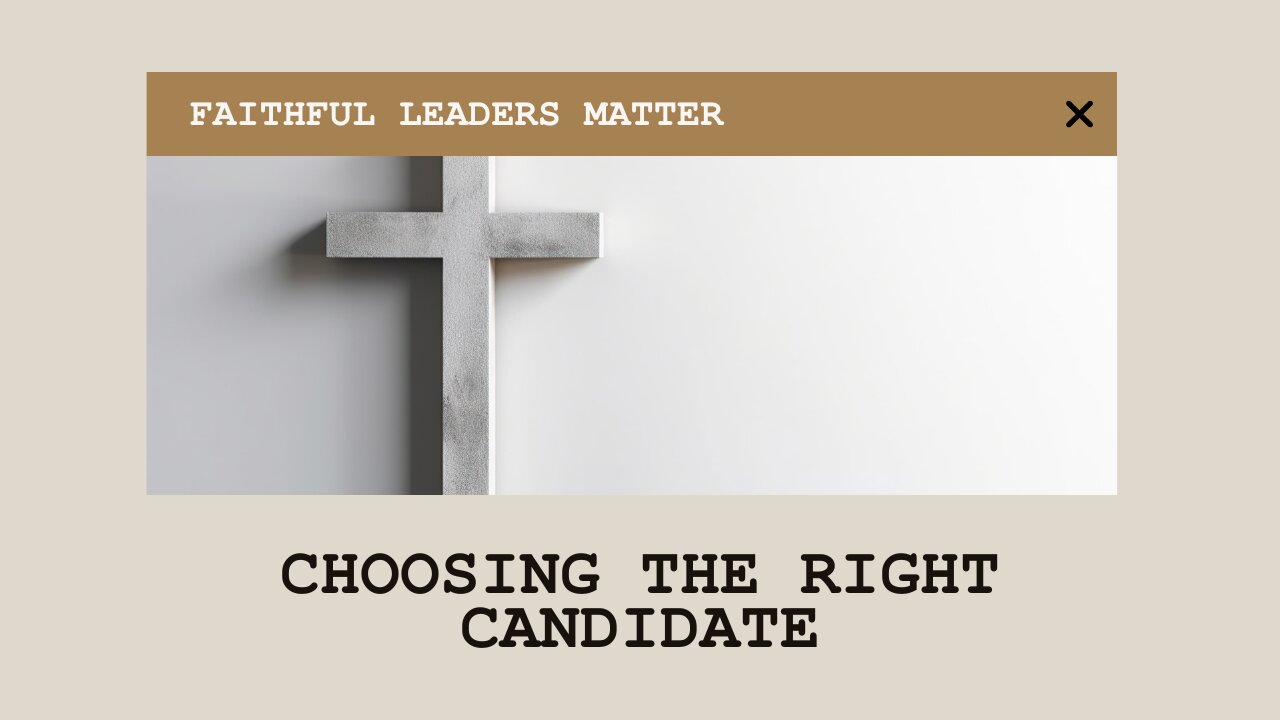
Alex McFarland’s ten questions:
https://alexmcfarland.com/voter-info/
Declarations of Truth X feed:
Declarations of Truth Locals Community:
https://declarationsoftruth.locals.com/
Conservative News and Views:
Clixnet Media
